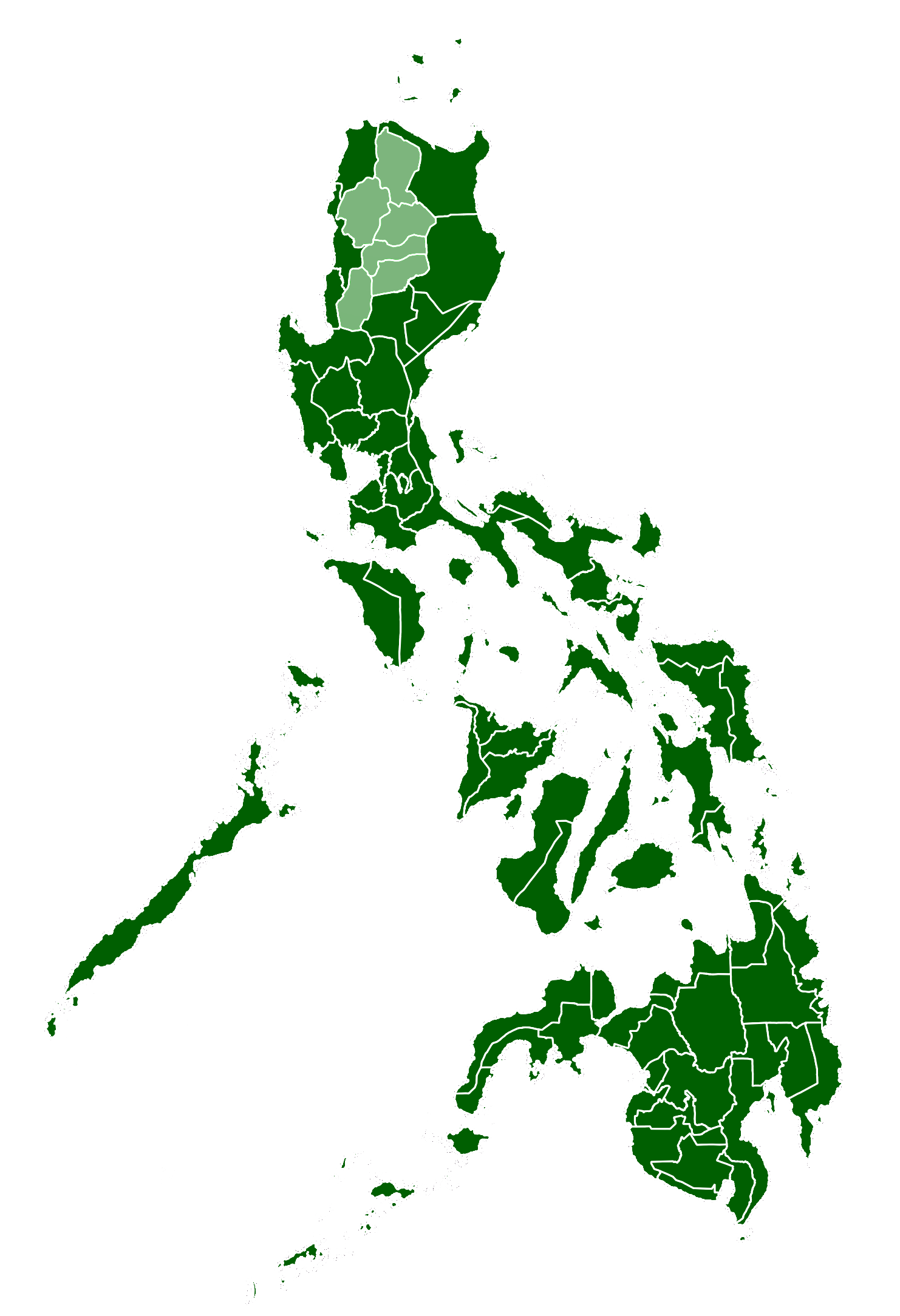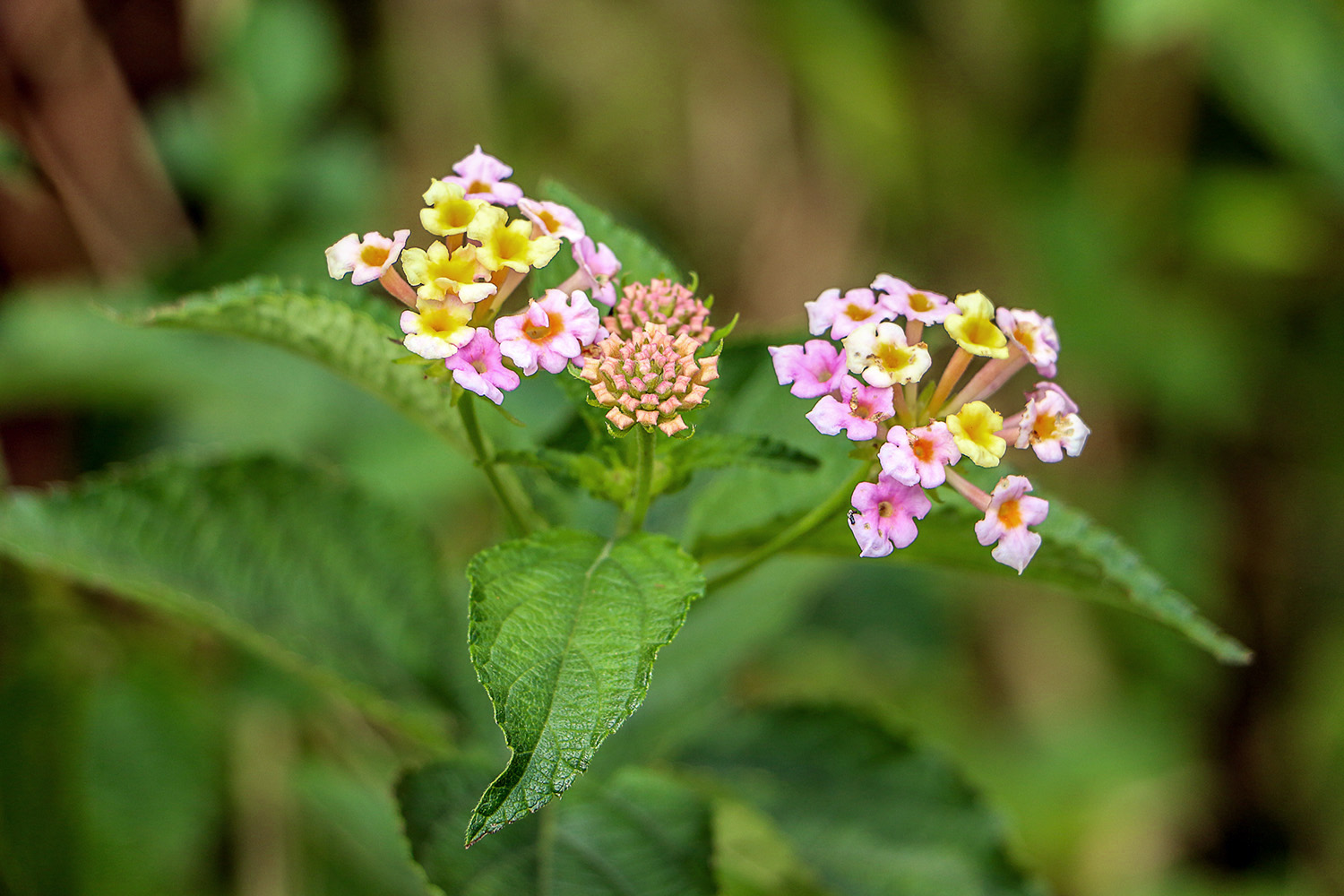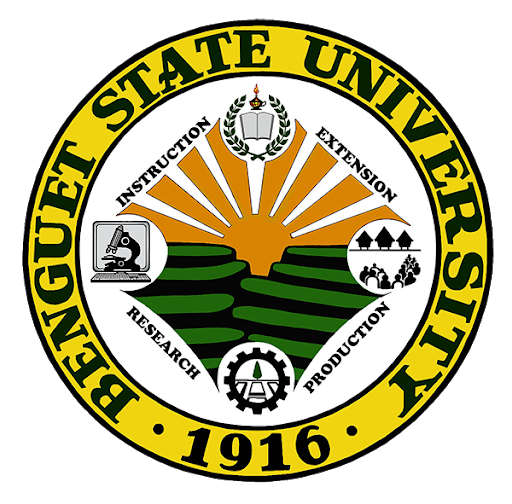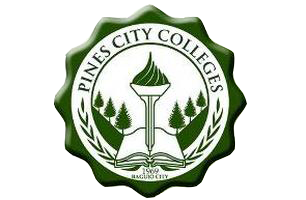
Cordillera Administrative Region (CAR), Philippines
The Cordillera region is endowed with a vast diversity of flora and fauna and a similarly rich diverse culture. For many decades, the different groups in the region have closely entwined their lives with their surrounding environment leading to a robust indigenous knowledge on plant utilization. From food to medicines, years of experience allowed them to build their own collection of “tried-and-tested” methods which they hand down to generations.








